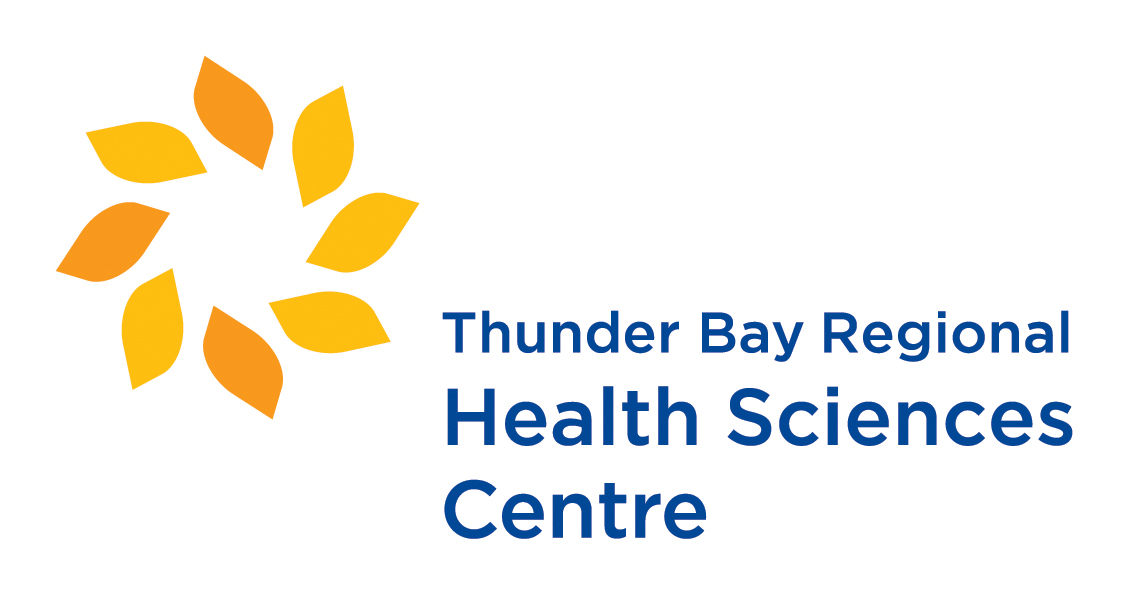
As part of our year-long 20th anniversary celebration, we asked the leaders in our Hospital to share their stories and highlight the growth and evolution of their team, program and the services they provide.
This week’s feature: Critical Care Services
Summitted by: Edie Hart, Manager – Critical Care and Respiratory Services
1. Briefly describe your program/service.
Critical Care (ICU) is a 24 bed level 3 unit that provides care to people from Thunder Bay and throughout Northwestern Ontario that are ages four months and up, with various critical illnesses that require life-sustaining therapies and interventions.
2. How has your program/service grown or evolved over the past 20 years?
When the ICU opened in 2004, it was a 22 bed department with eight beds dedicated to Internal Medicine. The other 12 beds were managed by an intensivist (specially trained critical care physician) in a closed unit. Within a few years the eight beds became part of the ICU. The unit did not initially have a dedicated charge nurse 24/7. This role was added within a year of moving in. Since that time, the ICU has added the roles of coordinator, physiotherapist, and social worker.
3. What is your most cherished accomplishment, milestone or memory?
In 2007, the Medical Emergency Team (MET) was developed with the support of Critical Care Services Ontario. MET is a special team of nurses, respiratory therapists, and intensivists that are available 24/7 and will assess and treat patients with critical changes and are located anywhere in the Hospital outside of the ICU and Emergency Department.
In 2015, the Regional Critical Care Response (RCCR) program was established. This is another team of specially trained nurses, respiratory therapists, and intensivists that are available 24/7 and will assess and treat patients with critical changes and are located anywhere in Northwestern Ontario via video and the
support of the Ontario Telemedicine Network and ORNGE. RCCR is linked with all 12 small and rural hospitals, and 17 remote communities. Another five remote communities will be supported in the fall of 2024 once infrastructure improvements are complete.
The RCCR and MET provide exceptional critical care services to all patients. In addition, both teams provide critical care education to local and regional staff.
